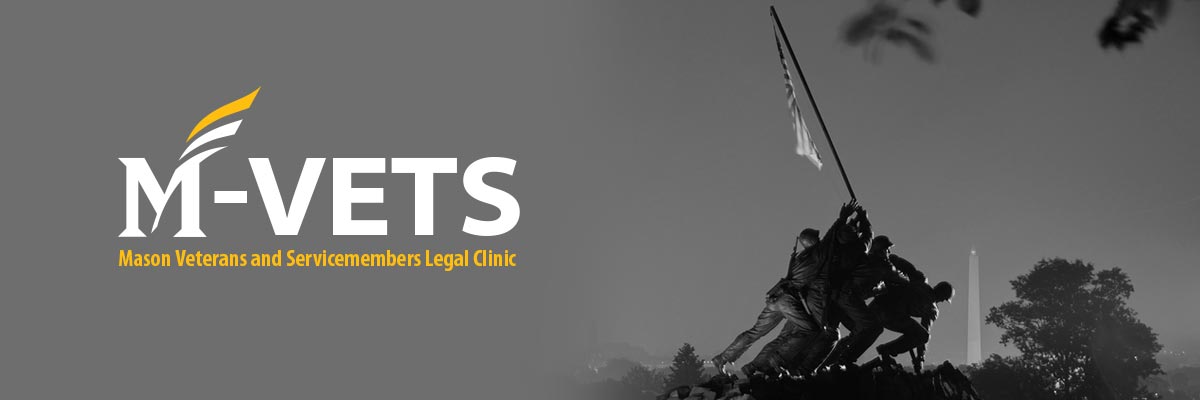By Spring 2017 M-VETS Student-Advisor Rodger Nayak

The U.S. Department of Veterans Affairs has sought to make it easier for certain veterans stationed at Camp Lejeune, North Carolina, between August 1, 1953, and December 31, 1987, to obtain disability compensation.
The VA awards disability compensation benefits to servicemen and women with injuries that were incurred or aggravated during active military service. A new rule issued by the VA seek to make it easier for veterans with one of eight specified illnesses who were stationed at Camp Lejeune between the 1950s and 1980s to prove that they are entitled to disability benefits.
The new rule was issued because of contamination in the water supply at Camp Lejeune from the 1950s to 1980s. Marines and their families who were stationed at the base were likely exposed to dangerous chemicals such as trichloroethylene, perchloroethylene, vinyl chloride, and benzene. Under the new rule by the VA that became finalized in March, veterans with one of several diseases can obtain disability compensation if they were stationed at Camp Lejeune while the contamination was present in the water supply. The rules establish several diseases as presumptively service-connected for these veterans.
Before the issuance of these rules, the VA had already awarded disability benefits to at least one veteran after being stationed at Camp Lejeune. In March 2010, the VA had awarded benefits to Paul Buckley, who developed bone marrow cancer after serving at Camp Lejeune.
The VA issued its Camp Lejeune final rule on January 13, 2017, with an effective date of March 14, 2017. Veterans must have served at least 30 days on the base during the eligibility period, and have developed one of eight diseases, to fall within the rule’s eligibility criteria. The diseases covered by the rule are kidney cancer, liver cancer, non-Hodgkin’s lymphoma, adult leukemia, multiple myeloma, Parkinson’s disease, aplastic anemia and other myelodysplastic syndromes, and bladder cancer.
The issuance of the rules follows action by Congress. In 2012, Congress passed the Camp Lejeune Act, which permits veterans who served at Camp Lejeune and sustained one of fifteen illnesses to obtain health care at a VA facility. Some criticized the proposed VA rule on the grounds that it covers fewer diseases than does the Camp Lejeune Act. The VA in response said there is insufficient evidence that certain diseases covered by the Camp Lejeune Act would have arisen as a result of exposure at Camp Lejeune.
Organizations have continued to investigate and study the exposure at Camp Lejeune. On May 11, 2017, the Centers for Disease Control indicated it would conduct a cancer incidence study at Camp Lejeune. The study would include 463,922 cohort members and seek to determine if there is an association within this cohort between exposure at Camp Lejeune and specific cancers.

